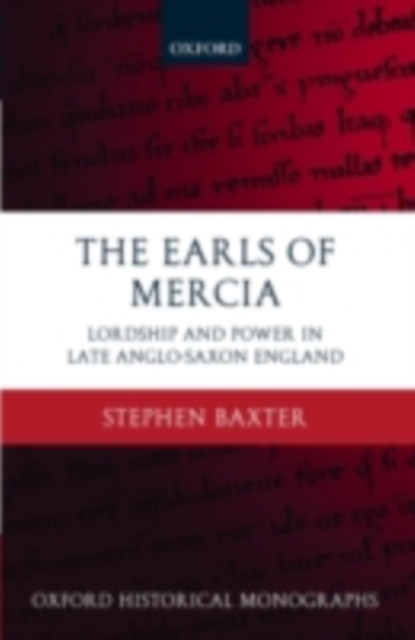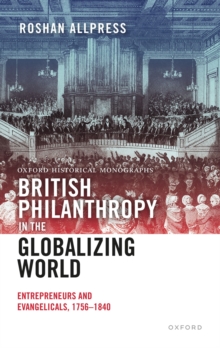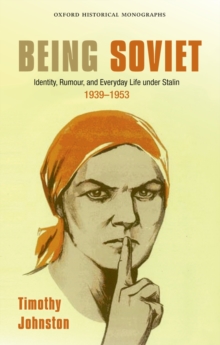
The Earls of Mercia : Lordship and Power in Late Anglo-Saxon England PDF
by Stephen Baxter
Part of the Oxford Historical Monographs series
Description
This book constitutes a major reappraisal of the late Anglo-Saxon state on the eve of its demise.
Its principal focus is the family of Ealdorman Leofwine, which obtained power in Mercia and retained it throughout an extraordinary period of political upheaval between 994 and 1071.
In doing so it explores a paradox: that earls were extraordinarily wealthy and powerful yet distinctly insecure.
The book contains the first extended treatment of earls' powers in lateAnglo-Saxon England and shows that although they wielded considerable military, administrative and political powers, they remained vulnerable to exile and other forms of political punishment including loss of territory.
The book also offers a path-breaking analysis of land tenure and the mechanics ofroyal patronage, and argues that the majority of earls' estates were held from the king on a revocable basis for the duration of their period in office.
In order to compensate for such insecurities, earls used lordship and religious patronage to construct local networks of power.
The book uses innovative methods for interpreting the representation of lordship in Domesday Book to reconstruct the affinity of the earls of Mercia.
It also examines how the house of Leofwine made strategic use ofreligious patronage to cement local power structures.
All this created intense competition between the earls of Mercia and their rivals for power, both at court and in the localities, and the book explores how factional rivalry determined the course of politics, and ultimately the fate of the lateAnglo-Saxon state.
Information
-
Download - Immediately Available
- Format:PDF
- Publisher:OUP Oxford
- Publication Date:06/12/2007
- Category:
- ISBN:9780191528217
Information
-
Download - Immediately Available
- Format:PDF
- Publisher:OUP Oxford
- Publication Date:06/12/2007
- Category:
- ISBN:9780191528217










